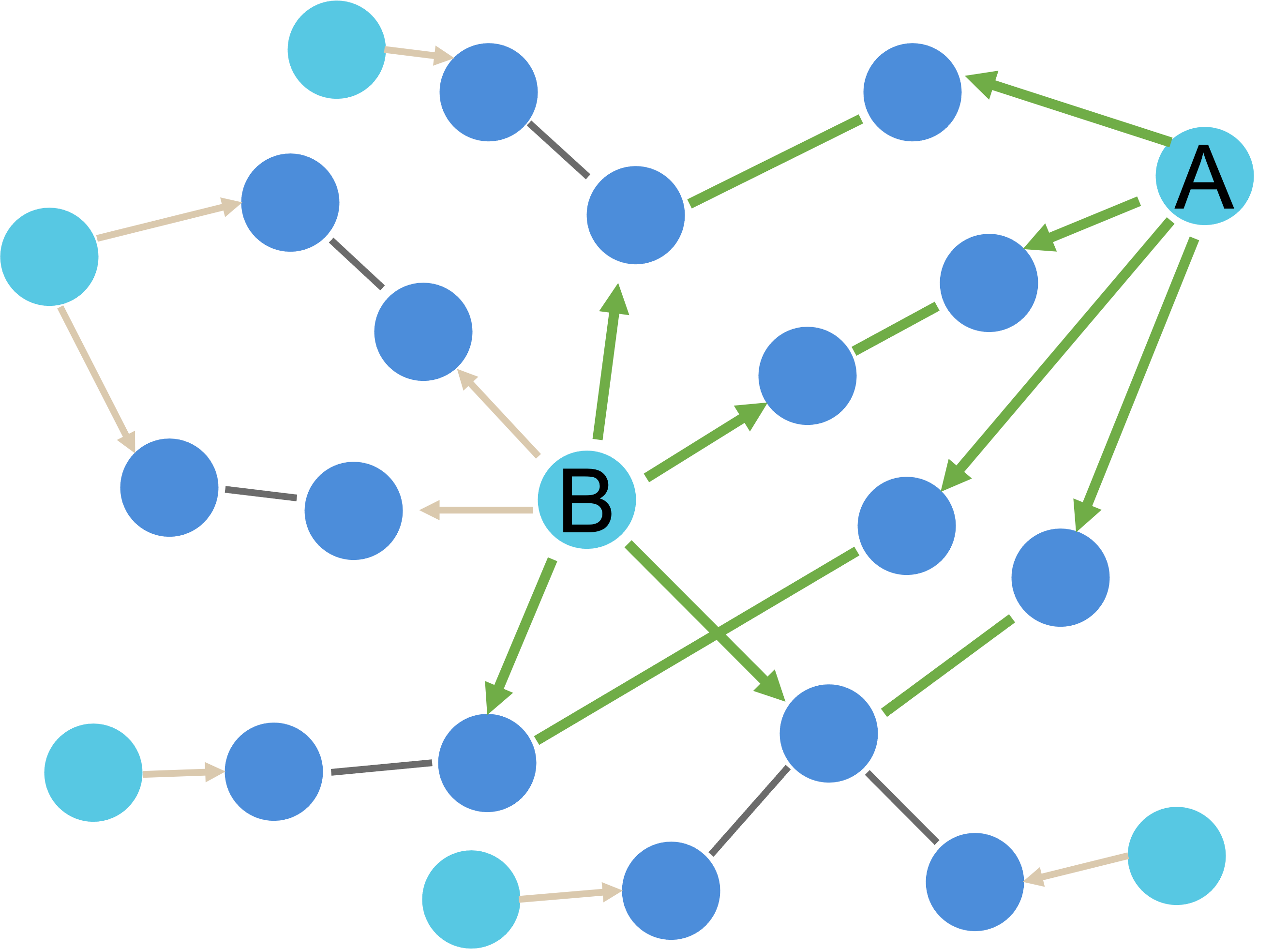Abstract
Knowledge collection, extraction, and organization are critical activities in all aspects of the engineering design process. However, it remains challenging to surface and organize design knowledge in a scalable and accessible manner given it often contains implicit or tacit dimensions that are difficult to capture. Knowledge graphs have been explored to address this issue but have been primarily semantic in nature in engineering design contexts, typically focusing on sharing explicit knowledge. In this work, we explore how knowledge graphs could offer a mechanism to organize experiential design knowledge and afford its use in complex queries. We develop a searchable knowledge graph based on data from a previous virtual product teardown activity with 23 professional designers. Examples of the underlying data within this corpus include descriptions of product components and their purpose as well as participant-determined relationships between these components. To structure the knowledge graph, we develop a schema that uses its constituent nodes and edges to represent design knowledge, relational information, and properties such as the node author’s discipline and the node’s function-behavior-structure classification. We propose and demonstrate two user-driven graph search types - intentional and exploratory - and four data-driven graph search methods, and illustrate through two extended examples their potential to reveal insights and patterns from teardown knowledge. These findings suggest that knowledge graphs can be a valuable approach to organizing and availing experiential design knowledge emerging from complex design activities.
